If you’re researching special master’s degree programs, you’ll know that they can vary greatly in terms of the courses they offer. Some favor research, others favor public health. The Tiber Health Master of Science in Medical Sciences aims to help students prepare for medical school and other health professional schools. As a result, our curriculum offers a broad base of scientific and interdisciplinary knowledge.
In fact, our program mirrors the coursework first-year medical students cover at a medical school accredited by the Liaison Committee on Medical Education, the accreditation body that oversees American medical schools.
Over two intensive semesters, Tiber MSMS students engage with 42 credits of advanced course content in five main areas of study. These courses are presented in a flipped-classroom format that allows students to spend in-person class time engaged in discussion and practical activities instead of listening to lectures.
Anatomical Sciences
A thorough understanding of anatomy is essential for any health professional. From the structure and organization of the body’s main systems to details about cells, tissues, and the brain, our curriculum offers a foundation in anatomy that includes practice with radiological imaging, specimen prosection (dissection), and other practical learning activities.
The Tiber MSMS includes the following courses in the anatomical sciences:
- Human Gross Anatomy, Embryology, and Imaging
- Histology and Cell Biology
- Neuroscience
Biochemistry
The study of biochemistry examines the chemical processes that occur within living organisms. Clinicians can apply an understanding of these processes to genetics and gene expression, hormonal function, and the function of the metabolism in energy generation. Biochemistry also helps students understand the molecular aspects of various diseases.
Our MSMS program’s curriculum includes:
- Medical Biochemistry I
- Medical Biochemistry II
Microbiology
An understanding of microorganisms such as bacteria, viruses, parasites, and other pathogens is crucial for clinicians in virtually any healthcare profession. The study of microbiology covers these topics. The microbiology course in the Tiber MSMS also introduces principles of immunology–how the body responds to pathogens and fights them off.
Physiology
Physiology builds on an understanding of anatomy–how the body is organized–with an understanding of how the various systems of the body function. Students take two courses in physiology, covering the following systems:
- Cells and muscles
- Cardiovascular (heart, veins, arteries, etc.)
- Respiratory (lungs)
- Renal (kidneys)
- Reproduction
- Gastrointestinal (digestive)
- Endocrinology (hormonal systems)
- Acid-base balance
These courses include labs, self-directed learning, and other activities designed to help students engage with concepts and apply them to clinical situations.
Interdisciplinary Courses
Finally, our program introduces key concepts about social determinants of health and ethical behavior essential to a career in healthcare. These courses include:
- Interprofessional Perspectives in Health Disparities: Covers how social factors such as race and ethnicity, gender, and economic status impact outcomes in healthcare.
- Medical Ethics I and II: Through clinical cases, students confront common ethical dilemmas healthcare practitioners face in areas including medical research, the clinician-patient relationship, beginning-of-life issues and end-of-life issues. They apply the principles of medical ethics to ensure consistent decision-making in difficult situations.
Start Building Your Foundation
Ready to start pursuing a degree that can help you build the foundation you need to pursue a medical or other professional healthcare education? Explore the Tiber Health MSMS today.



